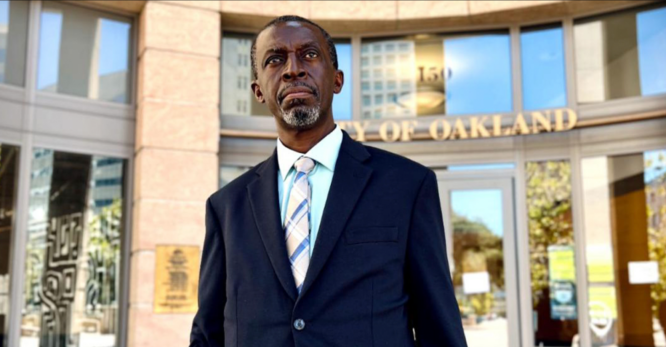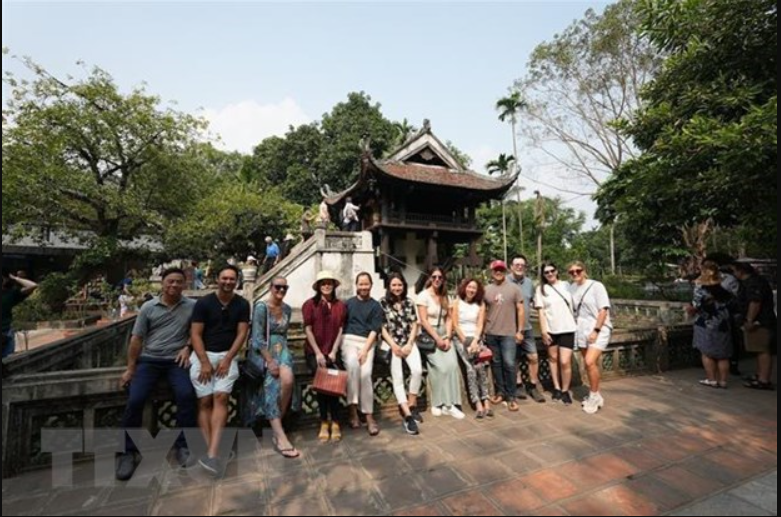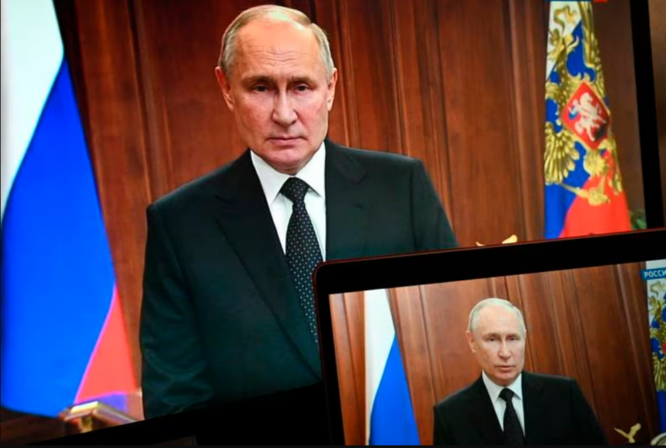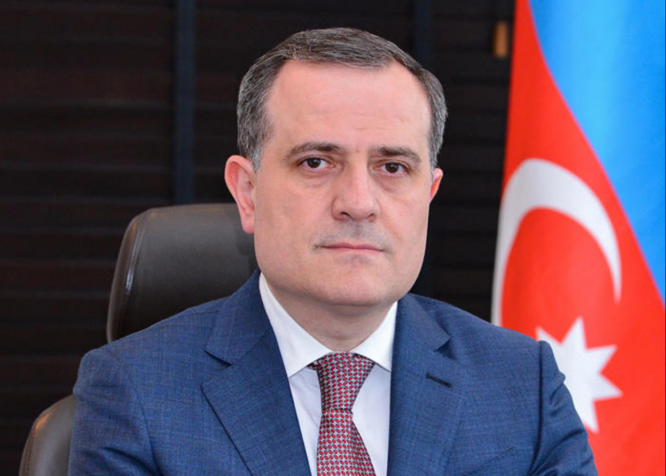The Unity Party (UP) and Congress for Democratic Change (CDC) have controlled Liberia’s post-conflict elites. After 12 years in power, since the civil war ended in 2005, the UP and CDC won the 2017 general elections. Both parties have underperformed and remain the country’s political decision-makers.
At its founding nineteen years ago, many Liberians and democracy watchers assumed that the CDC would be more controlled and structured than the reigning UP, which it fervently aspired to overthrow. The UP dominated politics for 12 years but failed to meet Liberia’s and its people’s goals.
President Sirleaf did not back her Vice President, Joseph Boakai, who was running to succeed her in 2018. The then-governing party was beset by factions, corruption, and scandals. After Mr. George Weah won the 2017 presidential election, many believed the CDC would avoid the mistakes of the UP-led administration and deliver excellent governance and democratic dividends. Sadly, no.
Liberia is a multi-party democracy where eligible citizens can vote and run for office. Some claim that our system consists of former warlords and politicians of the same class, homogeneous in ideology but diverse in party cohesion. Thus, Liberia’s political reality reflects the ruling elites’ political views, regardless of party affiliation. The CDC, UP, and their allies looted Liberia’s resources, causing its deplorable status.
This sad truth is supported by World Bank poverty data for Liberia: 50.9% of Liberians are poor, indicating 2.3 million cannot fulfill their basic necessities. According to UNESCO, one in five Liberian children are out of school, but our political elites boast of the Poverty Reduction Strategy (PRS) and Liberia Rising 2030 under the Unity Party-led government and the Pro-Poor Agenda for Prosperity and Development (PAPD) under the Coalition of Democratic Change.
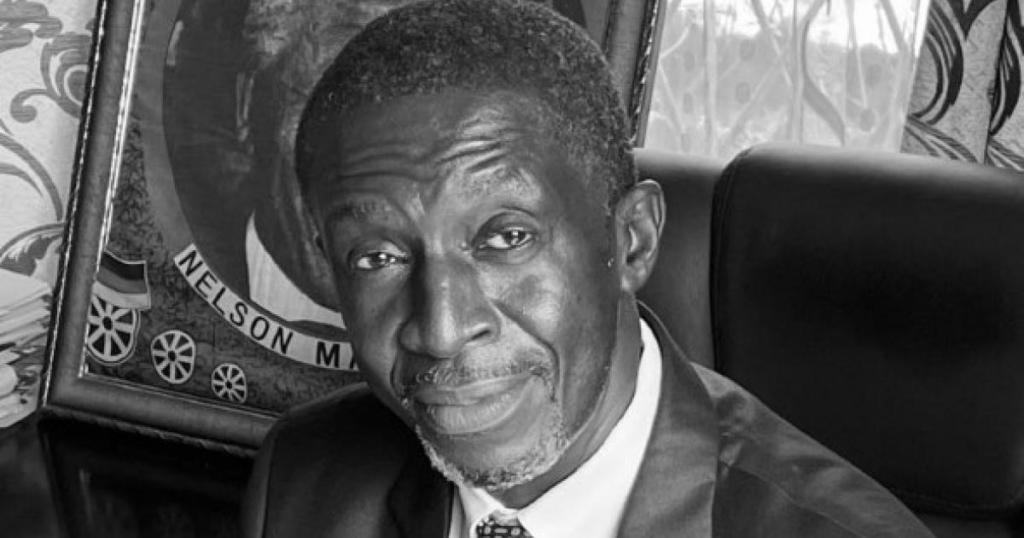
The UP-led (2006–2017) and CDC-led (2018–2023) governments’ indifference contributed to post-conflict Liberia’s unparalleled poverty, corruption, insecurity, unemployment,
Through a variety of anti-people political and economic initiatives, the senile politicians from these two parties and their accomplices have failed. To avert similar disasters, Liberia’s and the impoverished people’s futures must be taken from them.
Given the aforementioned, does a new Liberia need new leaders? How do the Unity Party’s Agenda for Transformation: Steps Toward Liberia RISING 2030 and the Congress Democratic Change’s Pro-Poor Agenda for Prosperity and Development (PAPD) enhance our people’s lives?
Truthfully, the UP and CDC’s 17-year political control in post-conflict Liberia has been defined by complete contempt for the poor majority of the population and the maintenance of the governing elites’ interests and privileges. The two parties that have controlled Liberia have been incompetent and corrupt.
Human rights lawyer and former minister of labor Cllr. Tiawan Saye Gongloe’s surprising participation into the campaign is refreshing. Liberia’s political strategy has been predicated on politicians giving money to voters and fueling ethnic and regional differences for almost a decade.
Gongloe provides an alternative approach. Every election cycle, the two main party candidates, Mr. George Weah of the ruling CDC and Mr. Joseph Boakai of the UP, make coalitions with permanent citizens of vote-rich regions to turn out the vote, amid charges of pay-to-play.
Cllr. Gongloe, on the other hand, has held rallies in Grand Gedeh, Nimba, and his opponents’ strongholds (focusing on Lofa & Grand Kru counties, Mr. Boakai, and President Weah’s stronghold) and urged voters to base their choice on character and track record.
His solicitor general and labor minister records are promising. As solicitor general in 2007, the system was failing. As Liberia evolved from conflict to peace and democratization, he supported the rule of law and trained his colleagues to handle the time, speed, and technology of legal practice. He relentlessly implemented the liberalization strategy as labor minister to benefit Liberians and Liberia.
Since he is an economist and taught economics at the University of Liberia in the 1980s, he supports a market economy based on individualism and private property. He pledges tax benefits to attract investors, especially those outside Monrovia. He wants to correct the currency rate and restore the Central Bank of Liberia’s independence, which Mr. Weah weakened.
Gongloe’s immaculate look prompted critics to suggest he wait until 2029. How can someone with integrity have issues?
Cllr. Gongloe has offered the Liberian people with a ten-point plan to improve Liberia, unlike President Weah and Mr. Boakai, two primary adversaries, who have both refused to offer any strategy for changing the country and its people.
Besides that, he differs from the two recognized contenders. An intellectually open 66-year-old, he is dynamic. He taught economics at Liberia University since the 1980s. He is a Louis Arthur Grimes School of Law Associate Professor. Harvard, Columbia, and other top colleges employed Gongloe as a research fellow.
His appearances on radio and TV talk programs and town-hall gatherings where he urges voters to ask difficult questions indicate Gongloe’s enthusiasm to citizen engagement in Liberia’s democratic process. Mr. Weah, a 56-year-old who has bypassed radio, TV, and town-hall meetings, keeps releasing songs and traversing the world in a private aircraft. Mr. Weah and his CDC won the 2017 presidential election without a manifesto.
Mr. Boakai, a weak 78-year-old, has missed radio and TV discussion programs and town-hall gatherings. Mr. Weah is an established contender, yet he is inextricably tied to the 12 years of catastrophic UP failures that led to CDC triumph in 2017. He was vice president for two terms (2006-2018) and stated the UP-led administration “squandered opportunities.” Mr. Boakai’s Liberia rescue plan remains unknown.
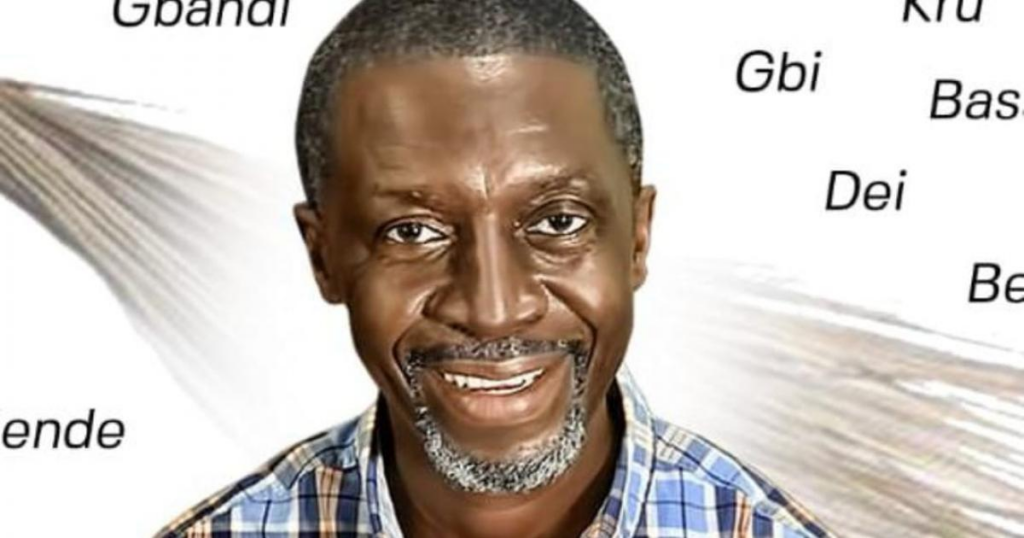
The two political parties have failed and have nothing to offer Liberians.
Gongloe faces several challenges on his way to the top. He is neither a member of the ruling Coalition of Democratic Change or the previous Unity Party. He’s from Liberia’s largest vote group, the northeast. Gongloe, the presidential aspirant of the Liberian People’s Party (LPP), has visited more than 300 towns and villages in the 13 counties, holding hugely successful rallies and solidifying his reputation as an ethical candidate who rejects corruption, inducement, and crowd-buying.
Cllr. Gongloe has distinguished himself from his primary opponents. Many Liberians in towns and villages support Cllr. Gongloe’s candidacy, especially those who want to end the CDC and UP’s political dominance.
Although Gongloe is not a spendthrift like your typical Liberian politician who steals and loots the country only to pour cash on voters during electioneering, his tour of the country shows you don’t have to pour out money, rice, etc. to put your message to the people and ask them to accept your message of a better Liberia. He intends to rally support for his broom revolution.
Cllr. Gongloe is more well-liked than other Liberian politicians. Gongloe’s unorthodox broom is reviving disillusioned people who claimed they wouldn’t vote. “Government is a place to serve and not to steal and better Liberia is possible,” he tells his audience in rural and urban Liberia, two overlapping factions of Liberia’s long-suffering population.
The Liberian People’s Party, which elected Cllr. Gongloe as standard bearer, was essential in Liberia’s fight for social justice and democracy. A good showing or win by Gongloe would highlight the political significance of rural and urban Liberia, which might bring Liberia to a much-needed democratic inflection point.
Long-term security and development depend on whether rural and urban Liberians can channel their passion and complaints into political power in this and future elections. The CDC and UP’s enduring and destructive kleptocratic networks will rule Africa’s first sovereign country till then. Boakai or Weah winning would maintain the power gap. I submit.


